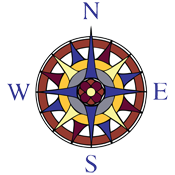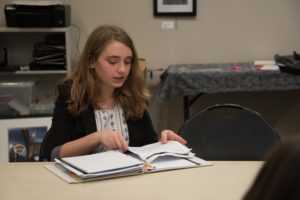
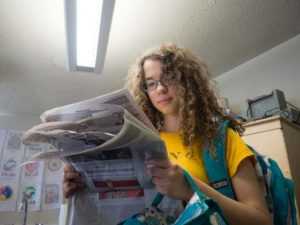
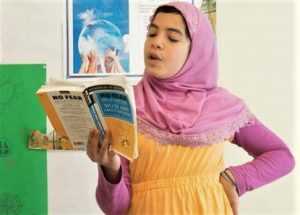
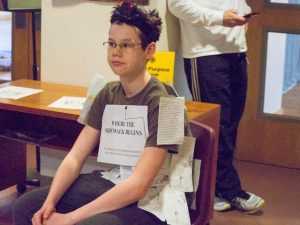
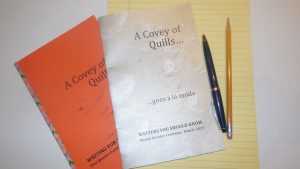
All | Math | Science/Technology | Extracurricular | Humanities / Social Sciences | Art/Music | Language Arts | Foreign Languages
Extra, Extra! Non Fiction News-Writing (Q3)
Quarter 3: Starts on January 14, 2026
Class Time: 2:00 pm Duration: 55 min
Instructor: Shea Megale
Grade Range: 6th-12th
Prerequisites: None
Be part of a team! Join the Compass Collaborative newspaper staff. The staff is a mixed-age team with students from 6th to 12th grade.
Students will learn about journalism and develop writing skills. They will craft effective articles, conduct interviews, and write reviews. Each quarter, writing assignments and responsibilities will be divided based on individual interests. Students will each contribute at least 2-3 items to the Collaborative edition each quarter including articles of their chosing (book critiques, movie reviews, field trip recommendations, short fiction, poetry, comics, jokes, tc) and assigned articles about happenings at Compass.
While research and data collection will occur outside of class, a portion of staff meetings will be dedicated to writing and editing. The newspaper advisor will use these sessions to demonstrate what constitutes 'good' writing. All staff members will practice editing skills to improve grammar, punctuation, and overall clarity and accuracy in their writing. Students will be informally paired for peer review and feedback on their writing.
All students register for the same class, and roles and responsibilities will be reviewed and delegated during the first meetings. Students should expect to work on assignments outside of class and will be expected to bring a laptop, notebook, and pen/pencil to each class meeting.
1 events displayed.

